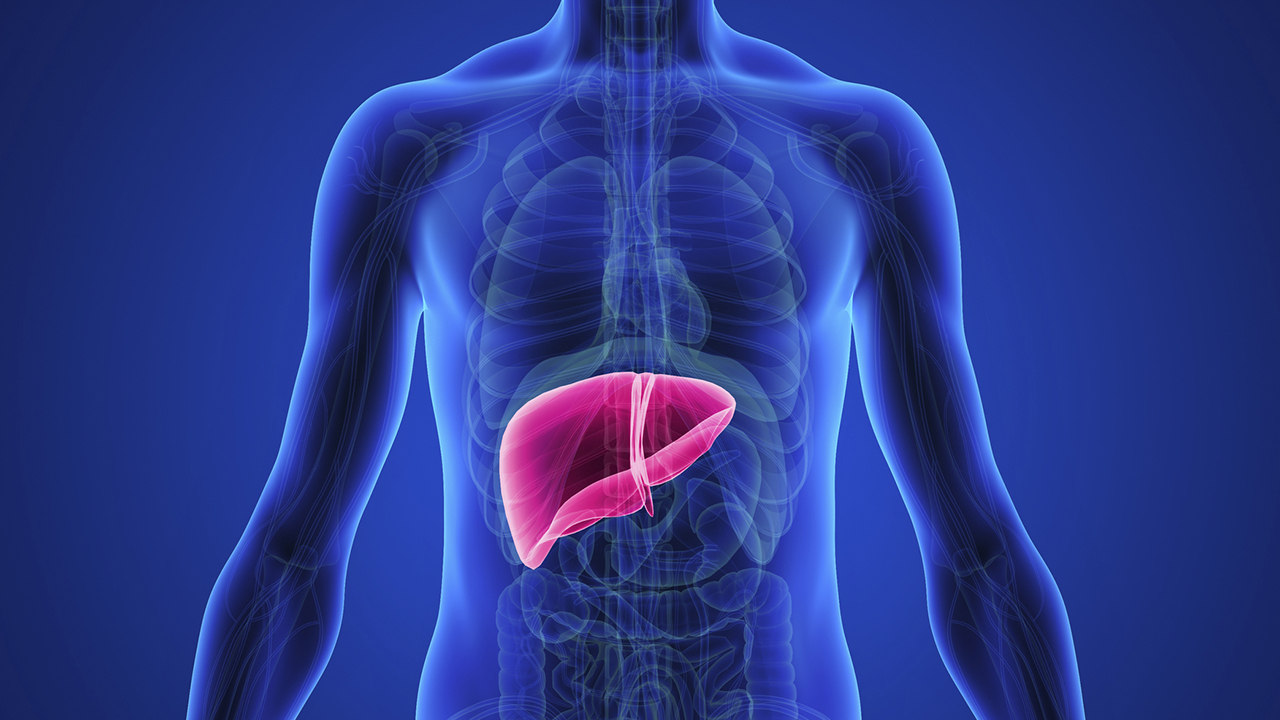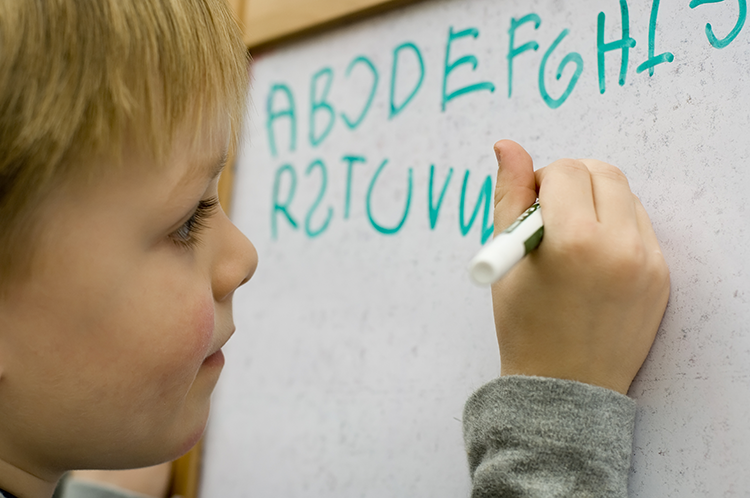Researchers at the University of Michigan Life Sciences Institute have identified a hormone produced by the liver that tells the body to downshift its metabolism when it’s expending a lot of energy. The research, scheduled to be published Jan. 14 in Nature Metabolism, reveals a potential target for treating metabolic disorders. Our bodies use several systems to maintain precise control of energy homeostasis — balancing the amount of energy we use and the calories we consume. The hormone leptin, for example, signals the brain to suppress appetite and increase burning of…
Read MoreAuthor: Tom Patriot
Hilary Duff Recreates Rachel McAdams’ High-Fashion Breast Pump Shot
Being a mother isn’t always the most glamorous job. While using a breast pump on Friday, Hilary Duff decided to try her hand at recreating a chic editorial shot of Rachel McAdams, which was recently taken for Girls. Girls. Girls. magazine and showed the Mean Girls alum, 40, in a similar pose. However, there were a few key differences in the two images. Although McAdams was seen wearing couture clothes in the photo shoot, the Younger star, 31, wore a button-down shirt with a casual jacket draped across her shoulders. Additionally, while McAdams’ hair was slicked back, Duff’s appeared to be encased in…
Read MoreDifficulties with Audiovisual Processing Contributes to Childhood Dyslexia
A University at Buffalo psychologist has published a neuroimaging study that could help develop tests for early identification of dyslexia, a disorder that effects 80 percent of those diagnosed with difficulties reading, writing and spelling. Tasks which require audiovisual processing are especially challenging for children with dyslexia, according to Chris McNorgan, an assistant professor in UB’s psychology department and project lead for the research published in the journal PLoS ONE. Designing tests sensitive to the problem of audiovisual integration could determine the presence of a disorder that often goes undetected during…
Read More9 Skincare MISTAKES That Can Make ACNE & Large PORES Worse! (Ft. Wishtrend TV)
Monkeys’ Brain Synchronize as They Collaborate to Perform a Motor Task
Though their purpose and function are still largely unknown, mirror neurons in the brain are believed by some neuroscientists to be central to how humans relate to each other. Deficiencies in mirror neurons might also play a role in autism and other disorders affecting social skills. Scientists have previously shown that when one animal watches another performing a motor task, such as reaching for food, mirror neurons in the motor cortex of the observer’s brain start firing as though the observer were also reaching for food. New Duke research appearing…
Read More




